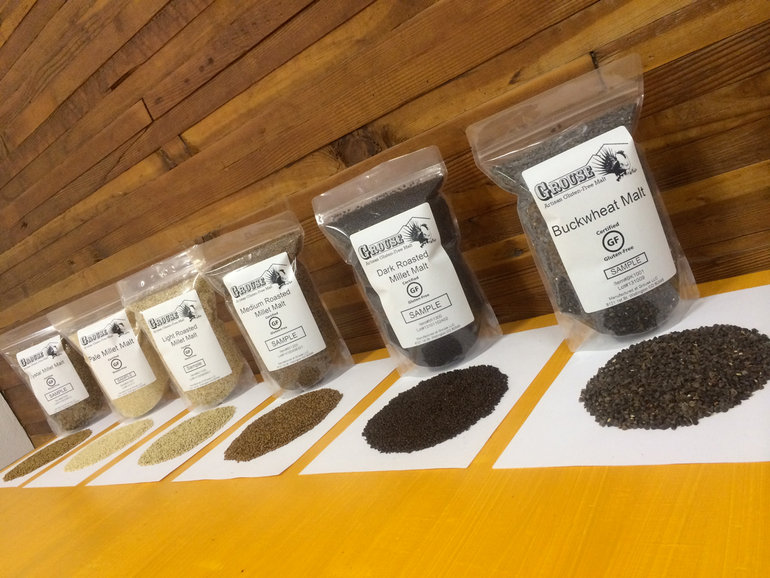Start 14-Day Trial Subscription
*No credit card required

American Malting and Grain Growing for Craft Beer
Further increase in demand means Jason and Tim can no longer ship directly to homebrewers. Instead they’ve created partnerships with several of the state’s homebrew supply shops where they can sell their malt in greater volume. Tim’s title has changed to Gatekeeper of The Malt and he now functions as an account executive.
Colorado Malting ships roughly 60 percent of its malt to professional brewers, usually working with brewhouses of less than 30 barrels, and the remainder goes to homebrewers.
Despite Colorado Malting’s evolving business model, the interest it gets from homebrewers has never faltered. Perhaps that’s because CMC gives them the ability to produce a huge variety of beer flavors that had not yet been available to them. “Everyone’s malt generally comes from the same places – big malthouses overseas,” Jason said. “With our malt, people are actually getting to brew beer that’s different; they’re able to taste the region. We’re presenting products that are completely unique in every way, and that means the possibilities are endless for homebrewers.”
Homebrewing plays a large part in the company’s research and development. When the CMC first considered malting sunflowers as a gluten-free offering, it was the local homebrew community that helped to formulate the process. “Sunflower turned us on to the fact that you can use gluten free grains not typically associated with beer-making to make beer,” said Jason. “Sunflowers’ complex proteins help head retention in gluten-free beer. It was homebrewers who helped us understand that. A lot of them are chemists -- it’s like having a lab in everybody’s garage.”
There are labs in Colorado Malting’s garage, too, so to speak. The CMC staff brews on malthouse homebrew equipment with each grain they malt. “We brew for product quality control,” said Tim. “That gives us numbers to pass on to homebrewers of what they can expect of all the different grains that we’re malting.”
“We also like to drink our own beer,” adds Jason.
Colorado Malting maintains good relationships with homebrewers through educational programs as well as through homebrew supply shops. This spring the company helped launch the San Luis Valley Homebrewers Association and this fall it will host the Rocky Mountain Malting Technical Institute. The upcoming institute will bring together industry experts, such as Dave Thomas, author of the Craft Maltsters’ Handbook, and Bill Owens, president of the American Distilling Institute. They will conduct seminars about the history of malt, the state of the craft malting industry, and how to malt your own barley at home.



